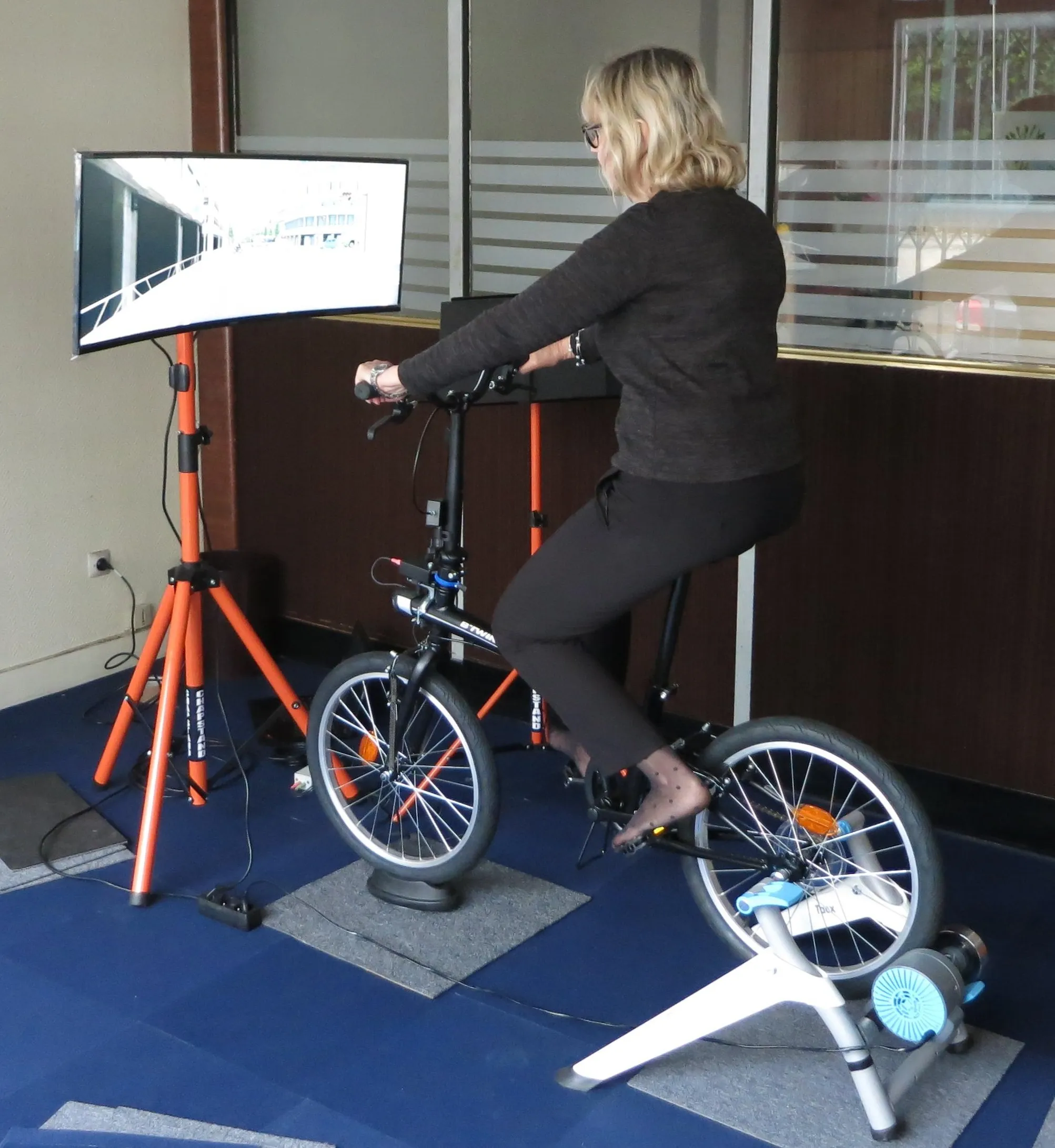The Swedish Transport Administration (Trafikverket) has installed Edeva's traffic system speed bumps on the E65 road in the city of Ystad. Called Actibmup, the solution is intended to improve safety and accessibility for pedestrians and cyclists crossing the street from Ystad harbour. Actibump detects if the speed of an oncoming vehicle is above the limit and lowers a hatch a few centimetres into the road surface to remind the driver of the speed limit.
May 30, 2018
Read time: 1 min
The
Actibump detects if the speed of an oncoming vehicle is above the limit and lowers a hatch a few centimetres into the road surface to remind the driver of the speed limit.








